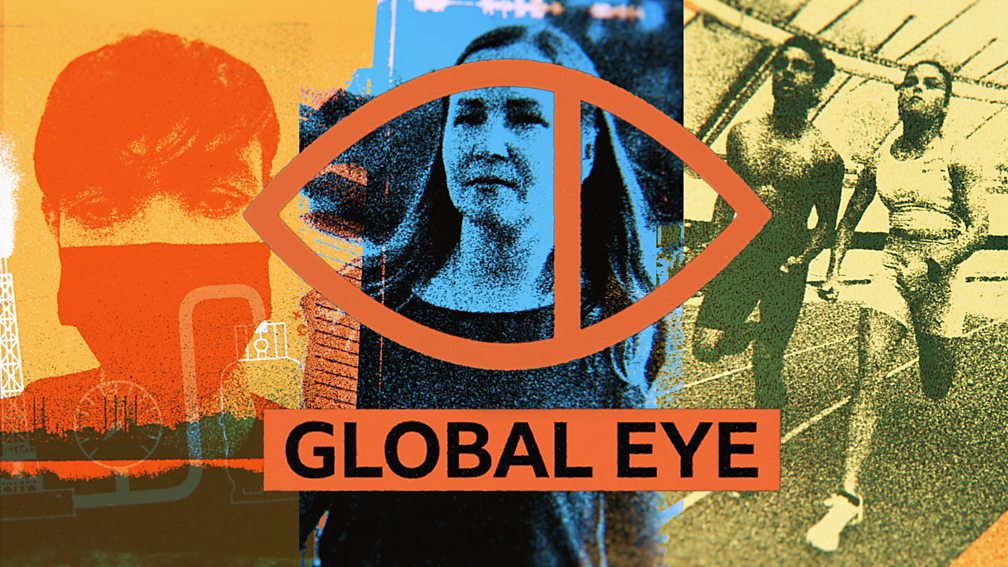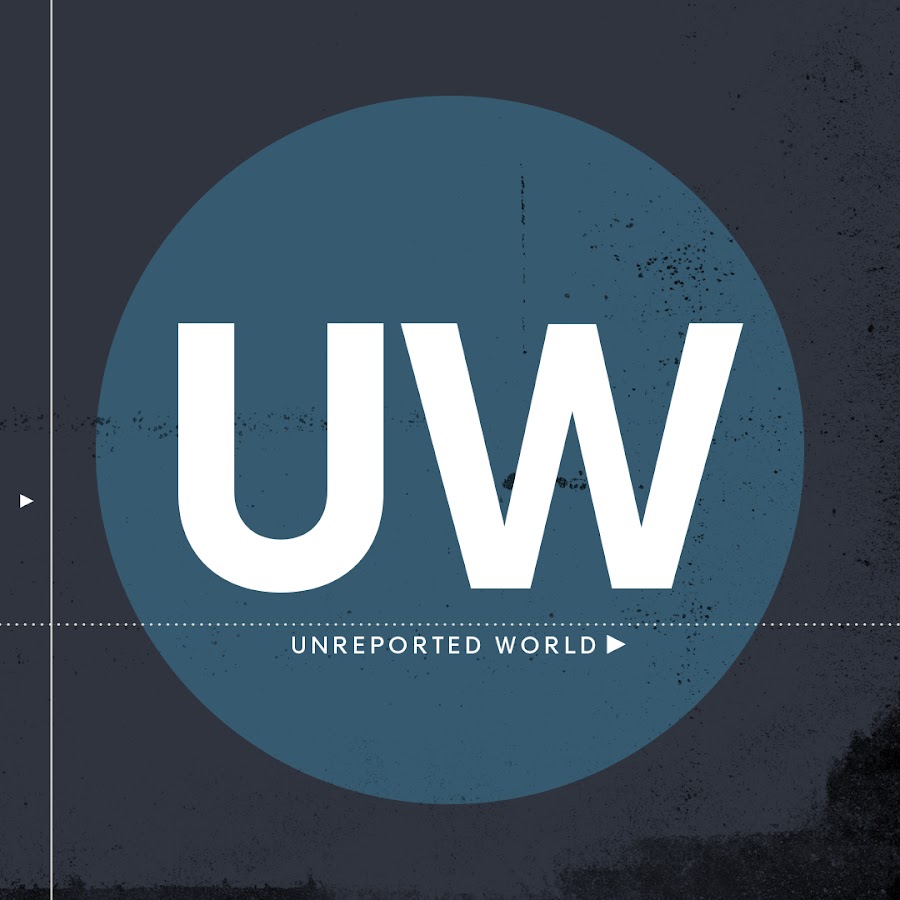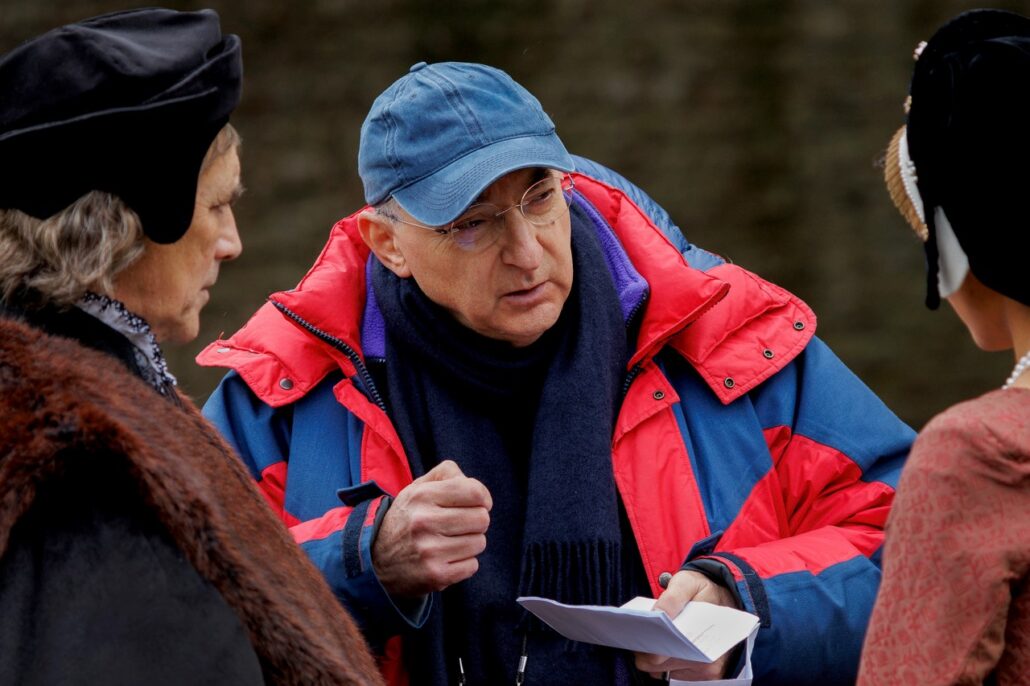
Documentaries that delve into belief systems around the world deepen our understanding of both other cultures and our own
At the Sandford St Martin Trust, we’ve long argued that you can’t truly understand the world without understanding religion.
Broadcast programming that explores the values other people hold, how they see their place in the world, and how they relate to others helps us make sense of complex global issues and enables us to engage with different people meaningfully. But perhaps more importantly, it also encourages us to reflect on our own assumptions — the beliefs and privileges we might otherwise take for granted. In learning about others, we inevitably learn more about ourselves.
This year brings two notable developments in the broadcast coverage of international affairs.
Earlier this autumn, the BBC launched Global Eye, a weekly current affairs programme that features stories from around the world. We’ve been promised documentaries that dig deep into some of the most pressing and provocative issues of our time — from international drug trafficking and extrajudicial killings to Africa’s deadliest migration routes and the rise of extremist settlers in the West Bank.
Meanwhile, Channel 4’s Unreported World is marking its 25th anniversary. The series, which has long championed under-reported international stories, is now fully available online and geo-unblocked for a global audience. Many of its episodes explore the intersection of religion and global events. Recent highlights such as Kenya’s Christian Death Cult, Hip Hop Pakistani Style, and The Anti-Vaxx Preachers have all caught the attention of our awards panels.
With the BBC reporting that its news programmes now reach 418 million people globally each week, and Channel 4’s Unreported World YouTube channel amassing more than 1.5 million subscribers and over 195 million views, it’s clear that the appetite for this kind of insightful, values-driven content is both widespread and growing. Given the challenges humanity faces today – the geopolitical and environmental changes – the need to recognise and cooperate with the global community is more urgent than ever.







Leave a Reply